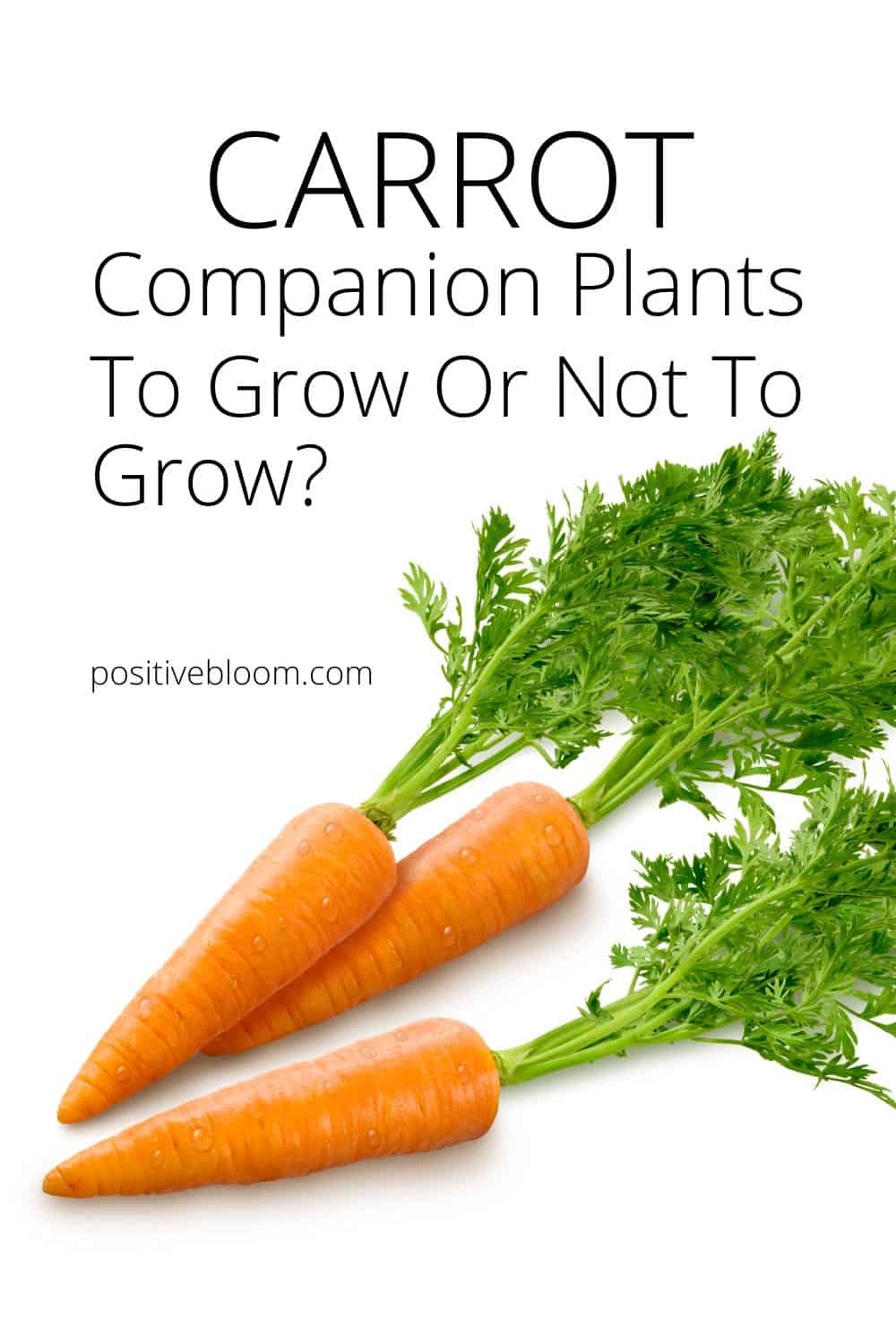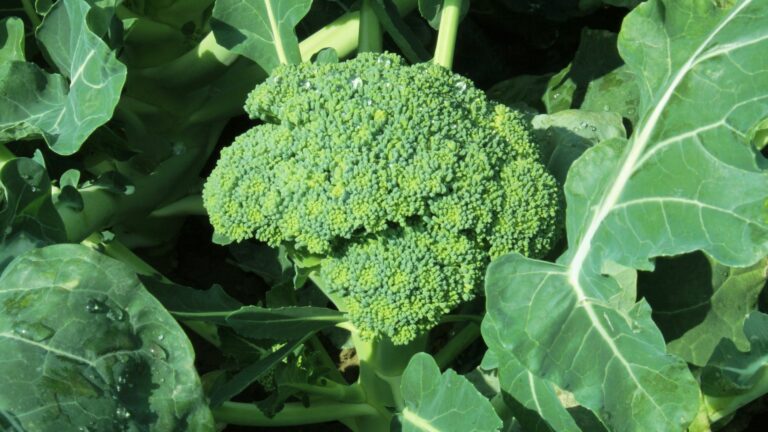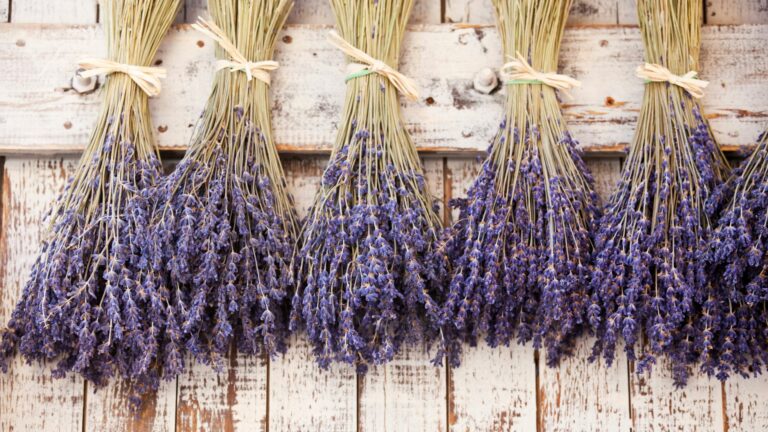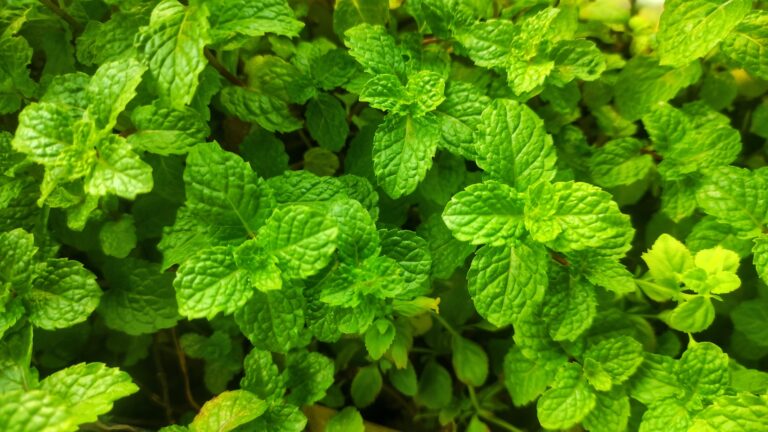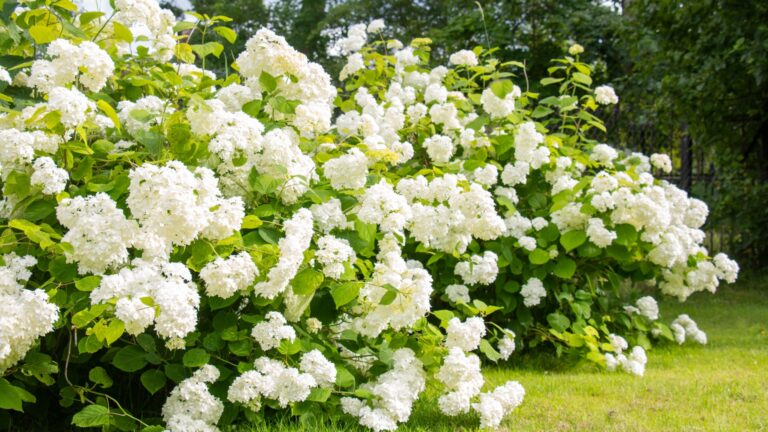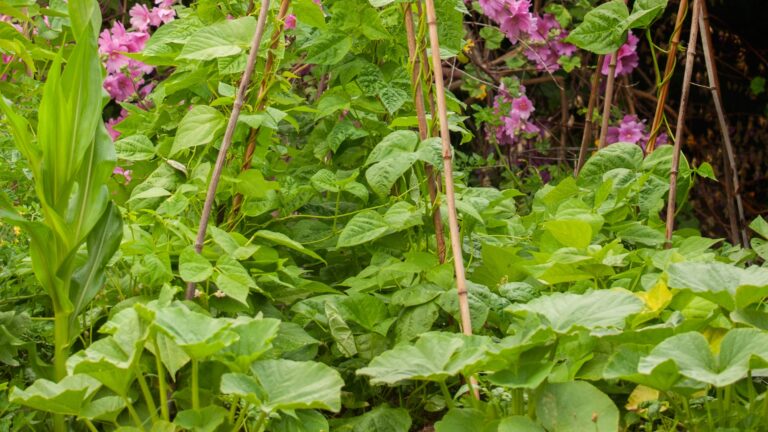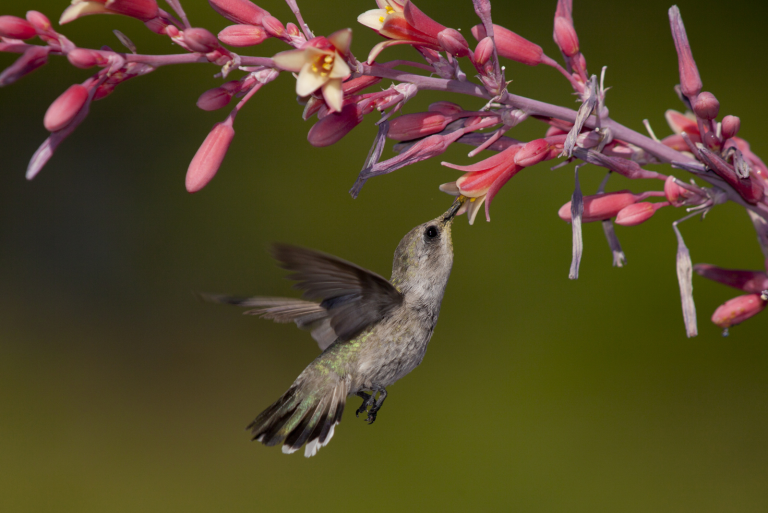Carrot Companion Plants: To Grow Or Not To Grow?
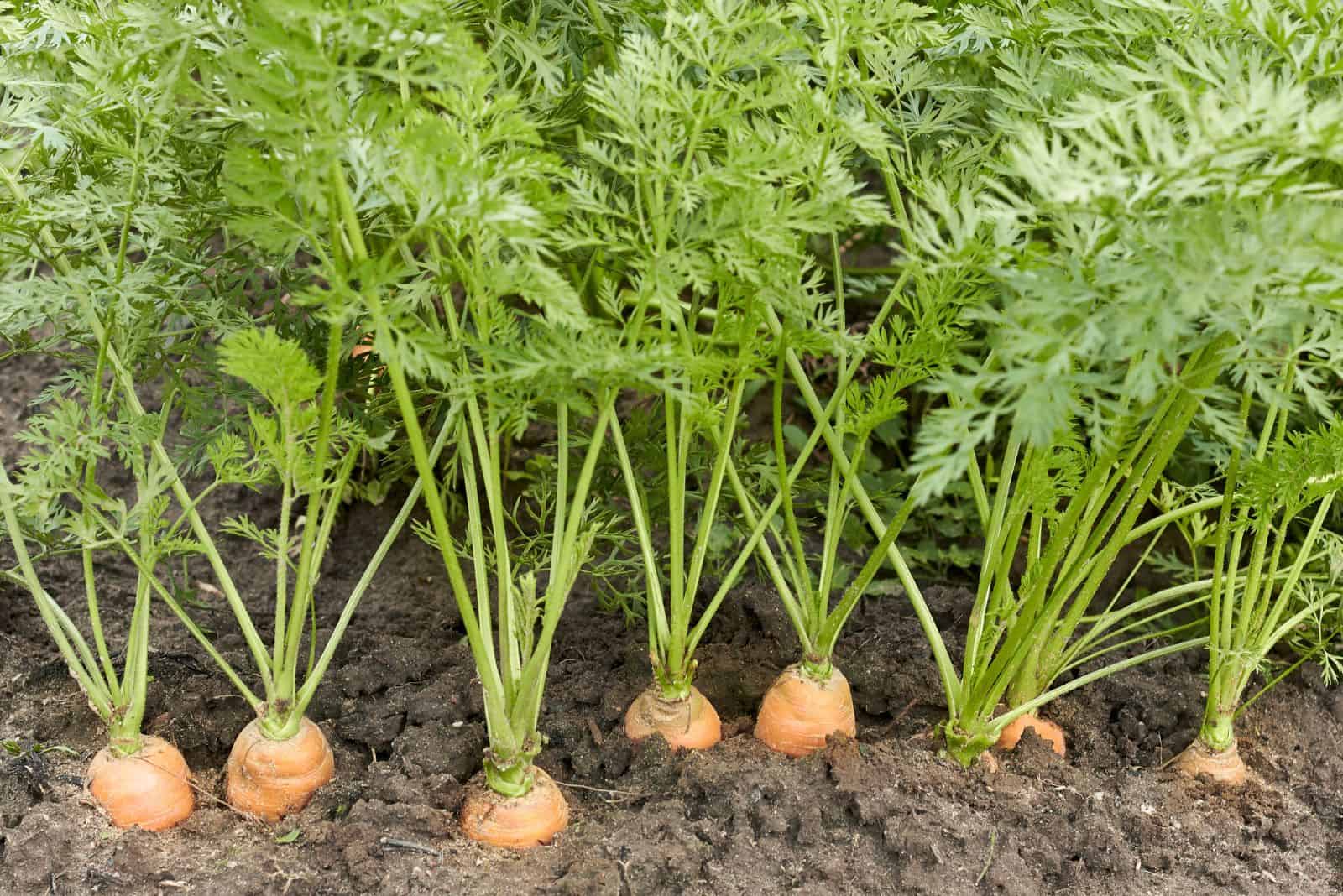
Companion planting is an old gardening method that is still regularly practiced, mainly because there are a lot of benefits that come with it!
This means that your veggies work together to protect each other from all the bad insects and pests, and also make sure that they both grow perfectly and produce delicious crops.
If you are planning to grow carrots in your vegetable garden, then you should get to know all the best companion plants for carrots. For instance, they can easily get damaged by carrot flies, and you should do anything in your power to protect them.
This includes planting veggies that are able to deter these little critters and make sure that they stay far away from your carrots!
Keep reading to learn more about all the carrot companion plants!
Carrot Companion Plants
Carrots are root crops packed with minerals and nutrients that are super beneficial to our health. For instance, they contain a lot of calcium that can improve our bone strength and also regulate our blood sugar levels.
They are one of the easiest vegetables that you can grow from seeds, mainly because they are frost-hardy and don’t get easily damaged by temperature fluctuations.
However, there are still some issues that you might run across when growing carrots. In order to make sure that your carrots have the best possible growth, you can plant some of its best companion plants nearby to help.
These include Brassicas, tomatoes, nasturtium, onions, radishes, leeks, marigolds, cilantro, chives, legumes, oregano, borage, and bush beans.
Keep reading to see why these plants are such good companions for carrots!
Carrots & Brassicas
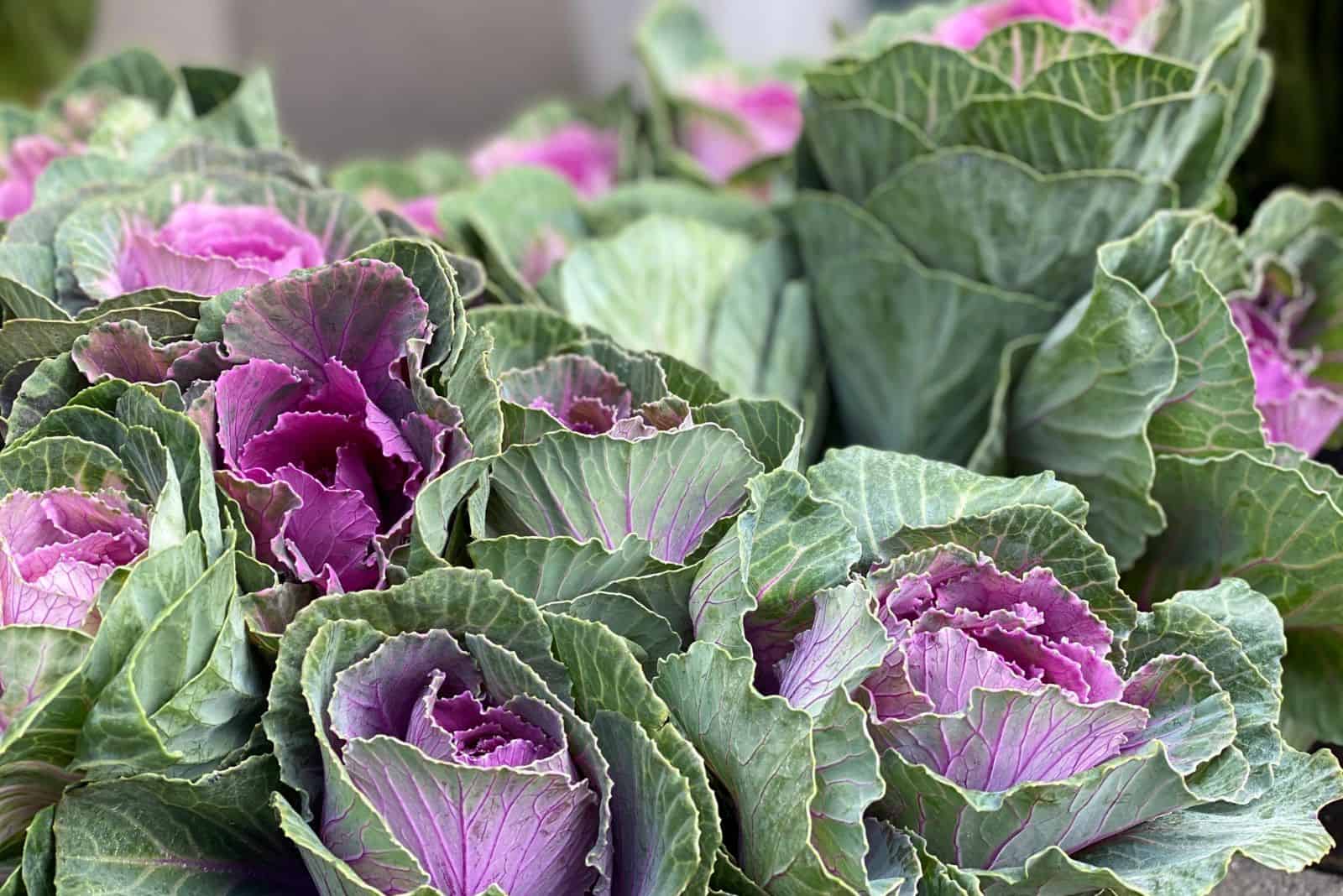
Broccoli, Brussels sprouts, kale, kohlrabi, cauliflower, and radish are all members of the cabbage family, also referred to as Brassicas. They are all great companions to carrots.
For instance, radishes are able to make the soil loose as they sprout and develop, making enough space for the carrot roots to grow comfortably. Radishes germinate more quickly than carrot seeds, so you can plant them at the same time as carrot seeds because they will have loosened the soil by the time the carrots begin to grow.
But there is something in it for the Brassicas as well!
The smell of the carrots can deter annoying pests and insects that usually attack Brassicas, such as the cabbage root fly; this pest can severely affect cabbage growth. In addition, all of these veggies are very delicious and they mix well when cooking, so you can make some killer soups!
Carrots & Tomatoes
Tomatoes are also easy to grow — they need plenty of sun and some moisture in order to thrive. Tomato companion planting is often practiced with many veggies, including carrots as well!
There are several reasons why tomatoes and carrots work well together. First of all, tomatoes produce a compound called solanine, which is a natural insecticide that is able to repel a variety of pests.
If you are growing them in raised beds, then you should know that tomatoes like to settle in the center, while carrots prefer growing on the margins. As the tomatoes grow and develop, they are able to provide some shade in the hot summer days for the carrots, which like somewhat cooler temperatures.
Carrots are also able to attract parasitic wasps. Now, this may sound bad, but it is actually a good thing!
These parasitic wasps are going to completely demolish tomato hornworms and caterpillars that would otherwise ruin your sweet tomato plants.
Carrots & Nasturtium
Nasturtiums are generally considered to be good companion plants because they produce flowers that can attract all sorts of pollinators. However, their unique fragrance can repel the bad ones as well, including aphids, cucumber beetles, and whiteflies.
In fact, they trap aphids and make sure that they don’t invade nearby plants. Therefore, you can look at these plants as a type of pest trap!
Carrots & The Allium Family
The Allium family includes leeks, onions, and chives. Gardening experts claim that all three of these and carrots make a great team.
It is because their prominent smell can repel the annoying carrot rust fly that would otherwise completely ruin your little carrots. Carrots can repel leek moths, which is why planting them together creates the perfect symbiotic relationship.
In addition, chives can improve the flavor of carrots and, at the same time, keep carrot flies at bay. They also have shallow roots, so they wouldn’t affect the growth of carrots.
What’s also great is that they have similar requirements, so planting them in the same garden space wouldn’t be an issue.
Carrots & Marigolds
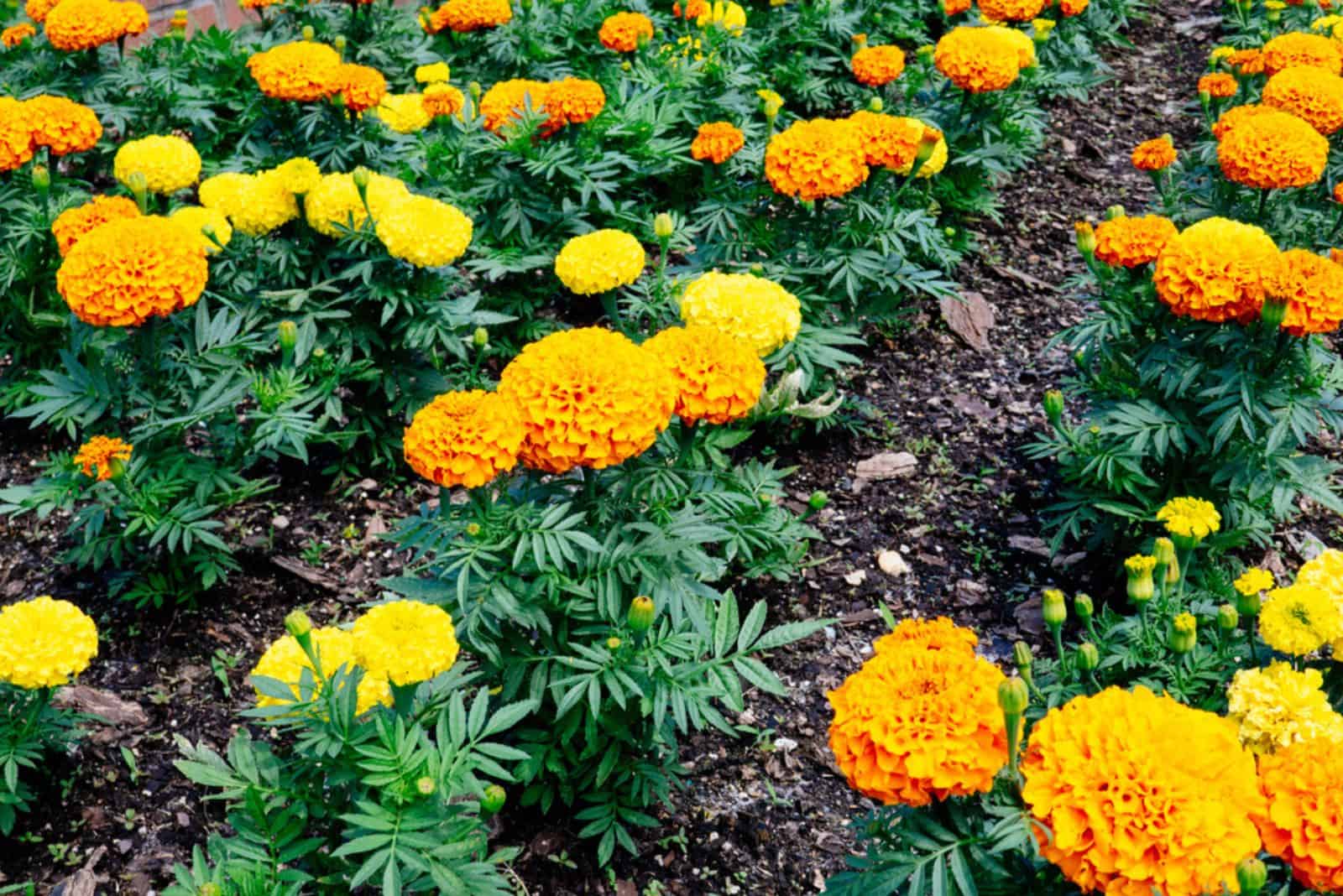
Similarly to nasturtium, marigolds produce lovely flowers with prominent fragrances that are able to attract beneficial insects, repel the bad ones, and also make your garden more colorful and cheery!
They are able to deter carrot flies and psyllid — an insect that sucks the sap of young seedlings and damages their further growth and development.
It is also known that these lovely plants increase the carotenoid and sugar levels in carrot roots.
Carrots & Cilantro
Although it is not common to grow carrots with parsley-family cousins, cilantro is an exception!
This is because they produce flowers that are quite effective at luring predators of Lygus bugs, nematodes, aphids, rust flies, and carrot whiteflies. The cilantro serves as a natural pest control.
Carrots & Legumes
Legumes have the ability to fix nitrogen from the air. This feature makes them unique and one of the best companions of all time!
These vegetables convert nitrogen from the air into a form that plants can use for growth and development. This way, they are able to enrich the nutrient content in the soil.
Carrots make great use of the nutrients present in the soil, which promotes more leaf production, better growth, and tastier crops.
It doesn’t matter whether you are growing bush beans or pole beans next to your carrots, they both ultimately have the same effect!
Carrots & Oregano
Oregano is a tasty herb that belongs to the Lamiaceae family. It has a specific scent, which is why it is often used for companion planting. Many different vegetables, including turnips, kohlrabi, brussels sprouts, broccoli, cauliflower, eggplants, peppers, beans, squash, strawberries, and carrots, can be planted with oregano.
At the same time, as it deters pests like cucumber beetles, aphids, and squash bugs, it also attracts pollinators.
Carrots & Borage
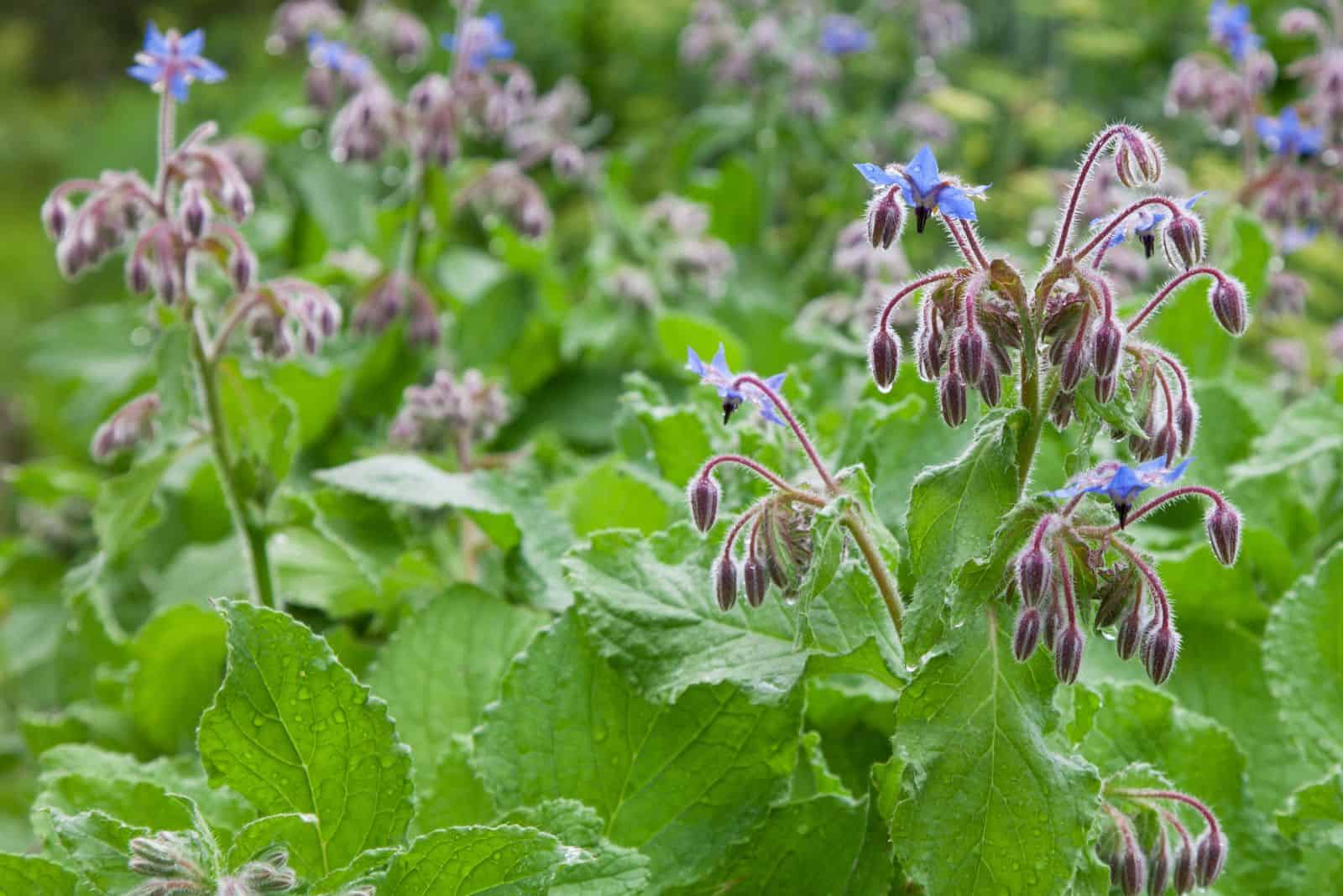
Borage has become quite popular nowadays, mainly because it can reduce leaf-eater infestations, including tomato hornworms and cabbage worms.
It can be grown with a wide variety of plants, such as squash, tomatoes, strawberries, carrots, and cabbage.
Like many other herbs, this one can also enhance the flavor and development of these plants, so don’t pass up the chance to enjoy some delicious carrots.
Carrots & Rosemary
You can plant rosemary close to cole crops, carrots, strawberries, beans, and other products to ward off pests, including the carrot fly, cabbage moth, and some bean beetles.
You shouldn’t combine it with herbs that prefer moisture, like basil, because it flourishes in drier and less fertile soils.
However, as rosemary is supposed to enhance its fragrance, consider growing it close to sage.
Read also: 40 Plant Herb Companion Planting Chart And Their Benefits
Carrots & Amaranth
Lastly, we have Amaranth, which is a perennial plant that is commonly grown for culinary and ornamental purposes. Similarly to radishes, they can loosen up the soil as they grow, which creates plenty of space for carrots to grow.
Plants To Avoid Planting With Carrots
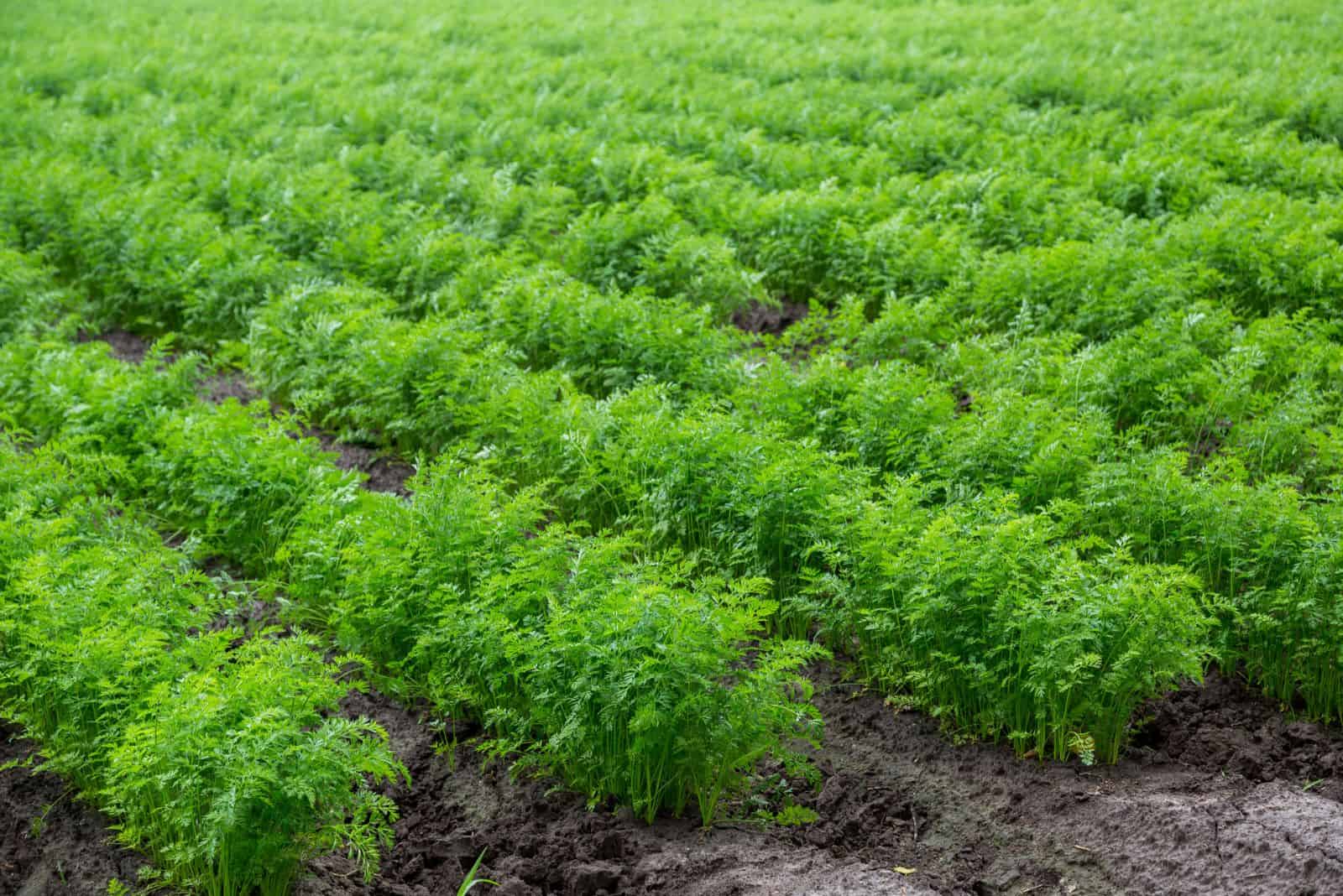
When you have a crowded home garden, you have to strategically plan what plants to grow together. As we have already seen, carrots get along with numerous veggies!
However, there are some plants that could possibly damage the carrots and vice versa.
Let’s take a look.
1. Dill
Many different vegetables, such as asparagus, corn, onions, cucumbers, cole crops, etc., can be grown alongside this aromatic herb.
It is supposed to improve the growth and flavor of cabbage, as well as draw insects that eat pests that harm these plants.
It’s not the best companion for your tomatoes because it also draws tomato hornworms. Additionally, you should stay away from planting it close to carrots because it may restrict their growth and cross-pollinate with them, affecting the flavor.
Carrots also attract lacewings and wasps — these insects can harm the dill.
2. Potatoes
Potatoes and carrots are both root vegetables, which means they would compete with each other for available space. They both need phosphorus for growth, and potatoes don’t tolerate someone stealing their nutrients!
Therefore, if you plant them close together you will end up with bad crops on both sides.
3. Parsnips
Even though parsnips look like white carrots, it isn’t a good idea to combine the two of these. It is because they are both susceptible to similar pests and diseases, which means that you will only increase the chance of getting pest infestations.
Carrot flies wouldn’t ever leave your garden if you put them together!
4. Celery
Even though celery is everyone’s favorite veggie, growing it together with carrots is not recommended. The reason is that they can attract carrot flies, which damage the young carrots.
5. Fennel
Not many plants grow well together with fennel, and this includes carrots. Fennels actually attract lots of pests and insects that can ruin your veggies in the garden.
However, if you plant fennel near the garden it may drive the pests away from your vegetables.
Growing Carrots: Gardening Tips
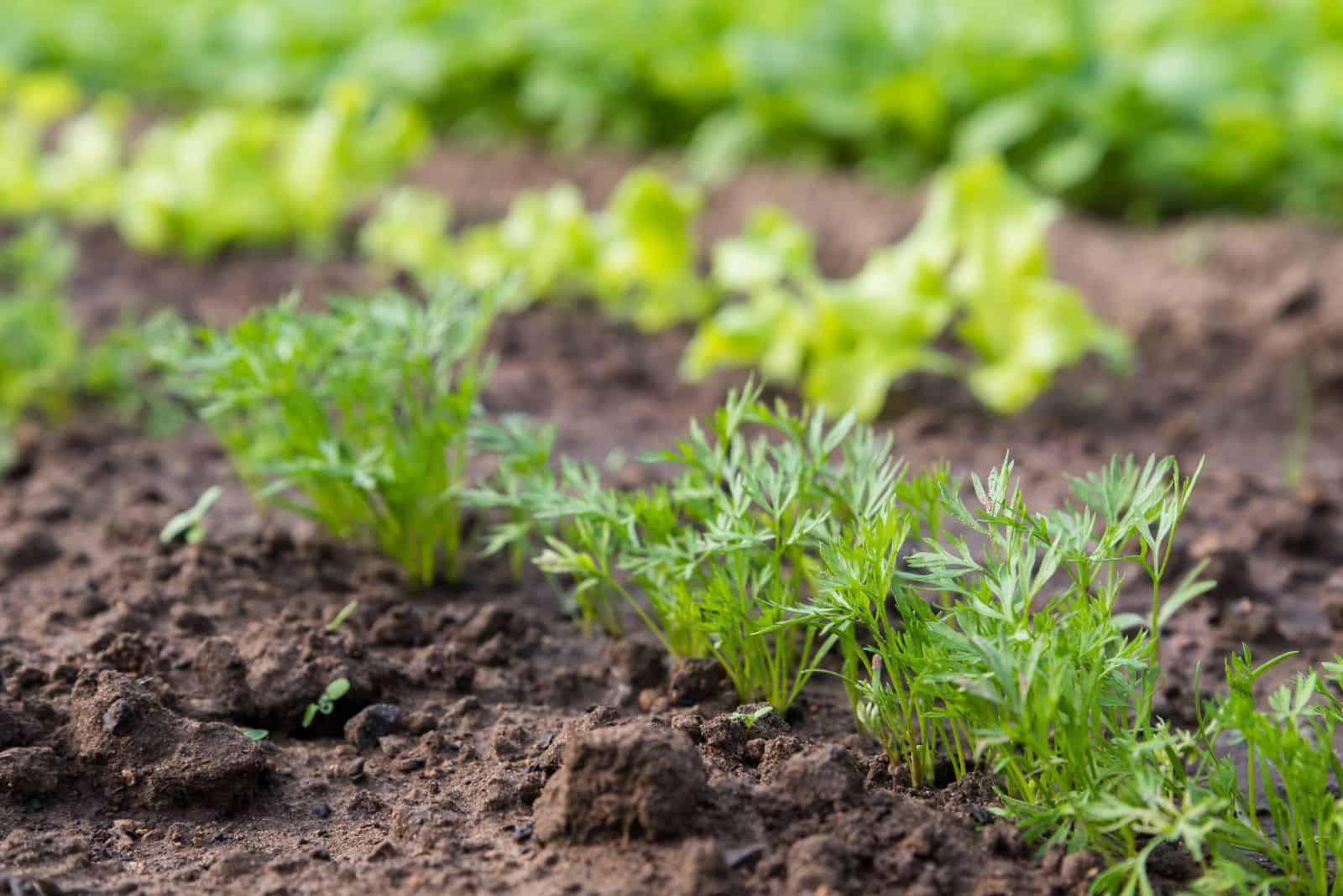
As we mentioned, carrots are one of the easiest veggies that you can grow. They can endure colder temperatures, which is why you are able to plant them relatively early in the growing season.
How To Plant
If you want to harvest carrots all year round, you can plant the seeds from early spring until late August.
You can start planting some early carrot cultivars, including Nantes 2, in February. Prior to planting, you must prepare the soil by removing anything that could hinder the plants’ development. After that, plant seeds in the ground 1/4 inch deep and softly cover them with soil.
The reason you should always sow seeds directly into the soil is that even if you could start the seeds inside and then transplant the seedlings, they would frequently turn out to be deformed.
Three weeks before the last frost would be the ideal time to plant carrot seeds.
How To Grow
This is a beginner-friendly veggie, and it does not have any special requirements.
As long as they are planted in the proper garden soil, they are simple to cultivate. Carrots need sandy, loose soil that is free of rocks and roots that could hinder their growth. They will still grow in rocky soil, but they will be deformed (but still edible!). Throughout all phases of carrot growth, keep the soil moist but not soggy. The seeds will perish if the soil is too dry.
You should also add mulch around your carrot — this will help with water retention, prevent weed growth, and also keep the soil temperature cool during the hot summer days.
Thin the seedlings so they stand 3 to 4 inches apart when they are an inch tall and have three to four true leaves. Instead of plucking out the tops, use scissors to trim them off to protect the remaining plants’ delicate roots.
You can fertilize them five to six weeks after planting. We advise using a low-nitrogen fertilizer as too much nitrogen in the soil encourages top, or foliage, growth rather than root development. If you are growing them next to legumes, they will make sure that the carrots get enough nitrogen.
To avoid getting nothing but the leaves, never pull the carrots when harvesting them. Prior to harvesting, soften the soil with a garden fork.
Frequently Asked Questions
1. What should not be planted near carrots?
You should not plant parsnips, dill, celery, potato, or fennel near carrots. It is because they either compete for nutrients or attract pests and insects that could potentially harm them.
2. What are some plants that can help keep away pests?
Plants like Nasturtiums, Marigolds, Oregano, Rosemary, Alliums, Cilantros, and many more can help keep pests away!
The smell of carrots can deter cabbage root flies, which is why they are often planted together with Brassicas.
3. Why do carrots need companion plants?
Companion plants are not necessary for carrots to grow, but they will surely make it a lot easier. Not only can companion plants repel bad insects and attract good ones, but they can also improve the flavor of crops.
To Sum Up
There are plenty of carrot companion plants that you can choose to grow together with carrots. They will protect the carrots from annoying critters, and also make sure that they produce some delicious crops.
Growing carrots in the garden is easy — all you have to do is make sure that they have proper soil and enough moisture throughout the growing season. Fertilize them every now and then, and that’s it!
I hope this article was helpful.
Until next time.
Like this post? Share or pin it for later!
